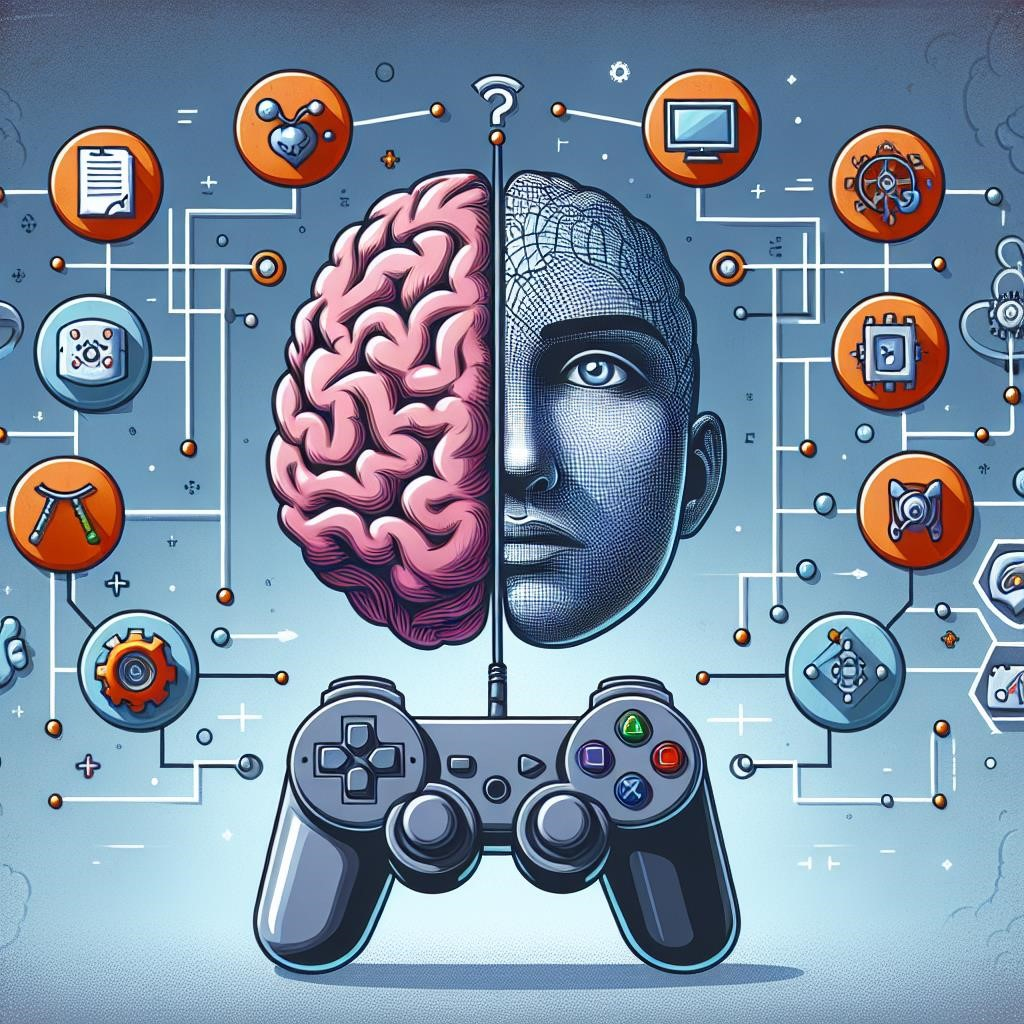In recent years, the debate surrounding video games and their impact on brain development has gained significant attention. With millions of people engaging in gaming across various platforms, understanding how these interactive experiences affect our cognitive processes is essential. This article delves into the effects of video games on brain development, examining both positive and negative influences.
The Positive Effects of Video Games
Surprisingly, video games can have several beneficial effects on brain development, especially when played in moderation. Here are some of the positive impacts:
- Enhanced Cognitive Skills: Many studies suggest that action games can improve visual attention, spatial reasoning, and problem-solving skills. Players often develop quicker reflexes and better hand-eye coordination.
- Improved Memory: Certain video games require players to remember complex information, which can lead to improved memory retention. Role-playing games (RPGs), for example, often involve intricate storylines and character development that require players to keep track of various elements.
- Social Skills Development: Multiplayer games encourage teamwork and communication. Players often collaborate with others, fostering social interaction and enhancing teamwork skills. This can be especially beneficial for children and adolescents in developing their social capabilities.
- Stress Relief: Engaging in video games can provide an escape from daily stressors. This form of relaxation can lead to improved mental health, which is crucial for overall brain development.
The Negative Effects of Video Games
While there are positive aspects, it is also vital to consider the potential negative impacts of video games on brain development:
- Increased Aggression: Some studies have linked violent video games to increased aggression and desensitization to violence. Prolonged exposure to such content may affect behavior and attitudes towards real-life conflicts.
- Attention Issues: Excessive gaming can lead to attention difficulties. The fast-paced nature of many games may condition players to expect constant stimulation, making it challenging to focus on less stimulating tasks.
- Social Isolation: While some games foster social interaction, excessive gaming can lead to social withdrawal. Players may become isolated from real-world relationships, hindering their social development.
- Impact on Academic Performance: For students, excessive gaming can interfere with studies and homework, leading to a decline in academic performance. Balancing gaming with educational responsibilities is crucial.
How Video Games Impact Different Age Groups
The effects of video games can vary based on age, as cognitive development differs significantly across life stages. Let’s explore how gaming impacts different age groups:
Children
For younger children, moderate gaming can enhance creativity and problem-solving skills. However, parental guidance is essential to ensure age-appropriate content. Limiting screen time is also crucial to prevent negative influences on attention and social skills.
Adolescents
During adolescence, social interactions become increasingly important. Multiplayer and cooperative games can help develop teamwork and communication skills. However, the risk of addiction and social isolation also increases, making it vital for parents to monitor gaming habits.
Adults
For adults, gaming can serve as a stress reliever and a way to connect with friends. Engaging in strategic games can enhance cognitive function and improve decision-making skills. However, excessive gaming can lead to neglect of responsibilities and relationships.
As research continues to evolve, understanding how video games impact brain development will be vital for harnessing their benefits while mitigating potential drawbacks. Ultimately, moderation and mindfulness in gaming can lead to a more positive experience.
References
- Anderson, C. A., & Dill, K. E. (2000). Video games and aggressive thoughts, feelings, and behavior in the laboratory and in life. Journal of Personality and Social Psychology, 78(4), 772.
- Granic, I., Lobel, A., & Engels, R. C. (2014). The benefits of playing video games. American Psychologist, 69(1), 66.
- Gentile, D. A., et al. (2004). Pathological video-game use among youth: A two-year longitudinal study. Psychological Science, 15(4), 317-321.
